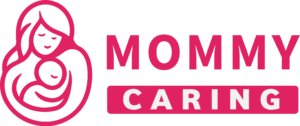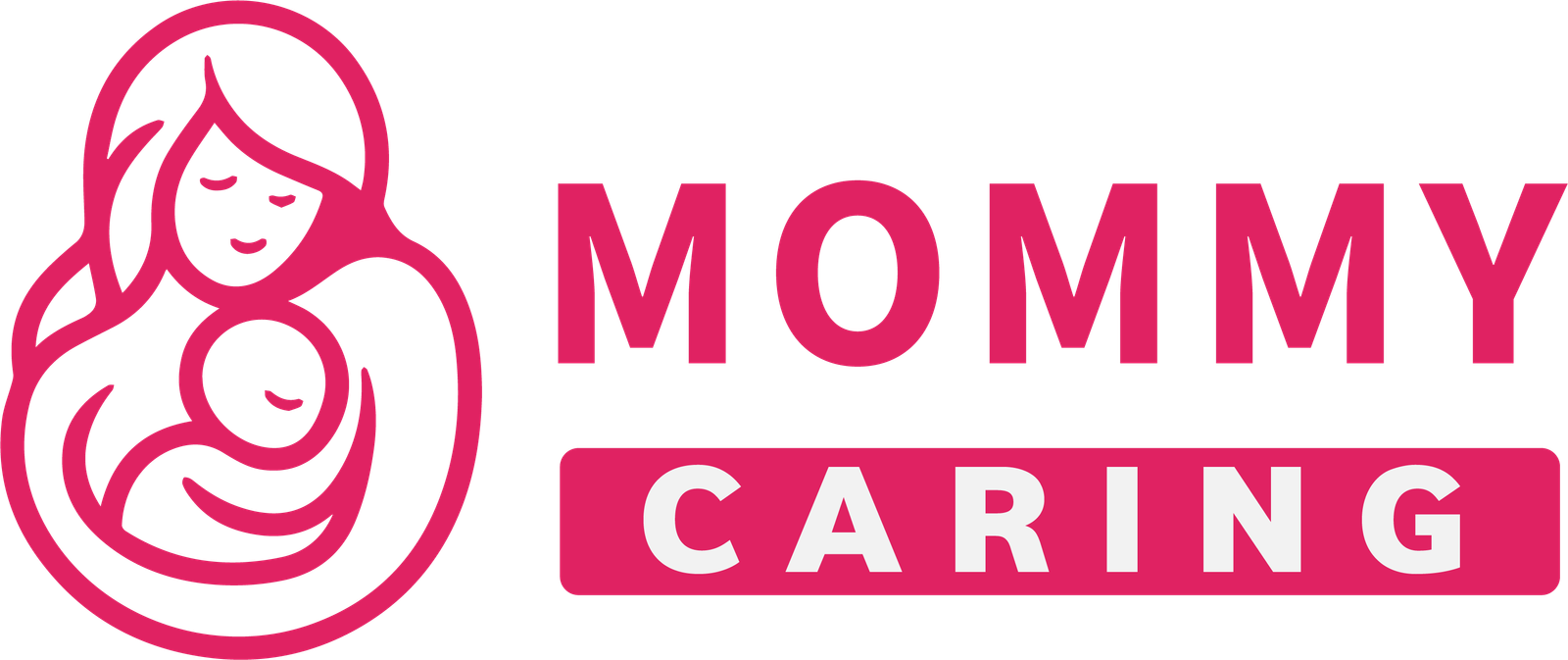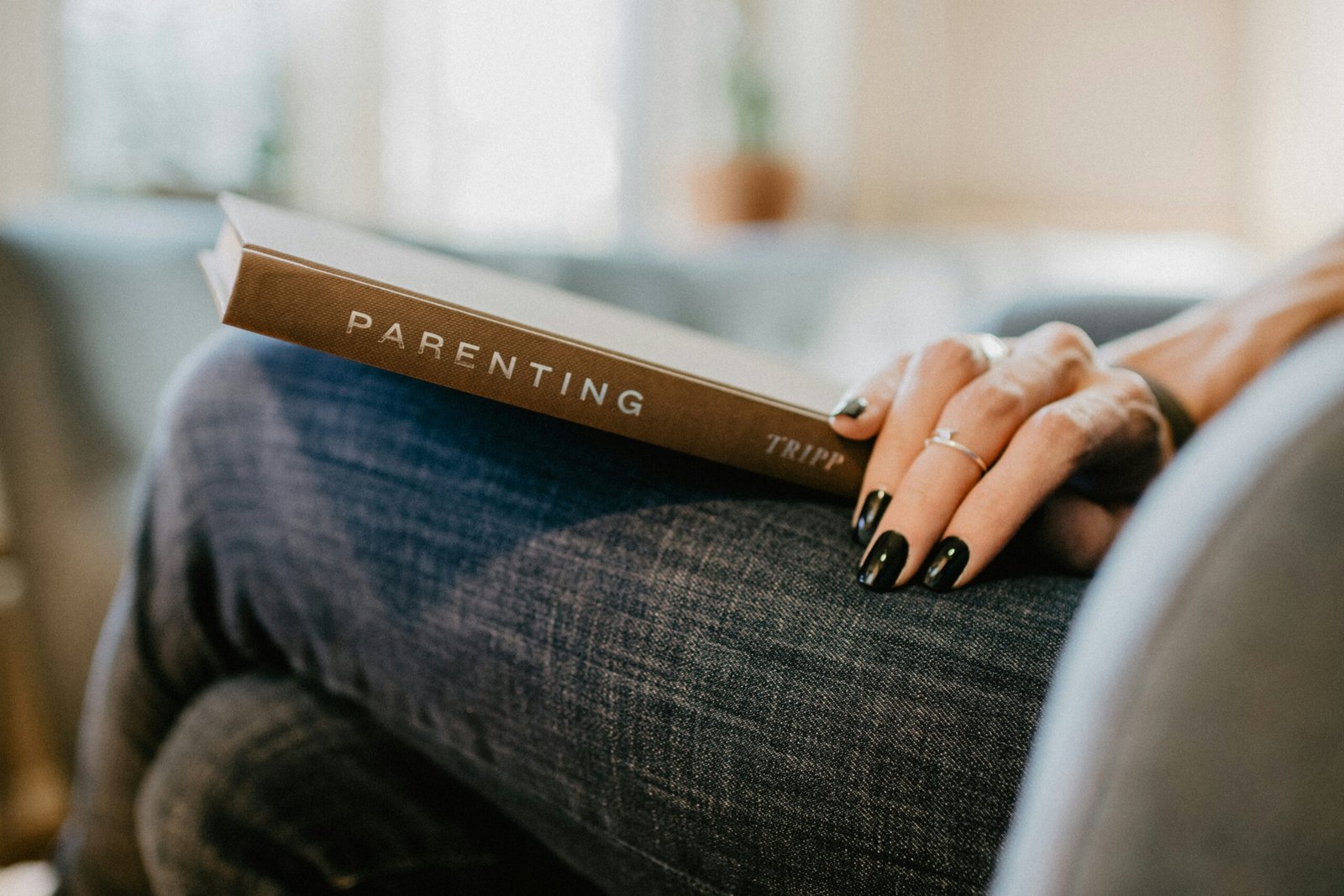One of the most important aspects of parenting during your baby’s first year is ensuring their health and well-being. As a new mom, it can be overwhelming to navigate through the vast amount of information available. That’s why we have gathered some expert advice and practical tips to help you make informed decisions and take care of your baby’s health.
By implementing these parenting hacks, you can navigate through your baby’s first year with confidence and ease. Remember, every baby is unique, and there is no one-size-fits-all approach to parenting. Trust yourself, enjoy the journey, and cherish the precious moments with your little one.
1. Prepare healthy, storable meals in advance
Meal prepping is not only a time-saver for new moms, but it also ensures that they are getting the nutrition they need to support their postpartum recovery and breastfeeding journey. When you’re sleep-deprived and juggling the demands of a newborn, it can be tempting to reach for convenient but unhealthy snacks or skip meals altogether. However, nourishing your body with wholesome meals is crucial for your physical and mental well-being.
When planning your meal prep, focus on incorporating a variety of nutrient-dense foods that will provide you with the energy and nutrients you need. Include lean proteins like chicken, fish, or tofu, which are essential for muscle repair and growth. Incorporate a mix of colorful vegetables that are rich in vitamins, minerals, and antioxidants to support your immune system and overall health.
In addition to proteins and vegetables, don’t forget to include complex carbohydrates like whole grains, legumes, and starchy vegetables. These foods are a great source of sustained energy and can help prevent blood sugar crashes that can leave you feeling tired and irritable.
5 Easy DIY Recipes for Homemade
2. Create a Diaper Changing Station
Changing diapers is a constant task during the first year of your baby’s life. To make this process more efficient, create a diaper changing station in your home. Stock it with diapers, wipes, diaper rash cream, and a changing pad. Having everything you need in one place will save you time and energy, especially during those late-night diaper changes.
When setting up your diaper changing station, consider choosing a convenient location in your home. It could be a dedicated area in the nursery or a corner of your bedroom. The key is to have a space that is easily accessible and comfortable for both you and your baby.
Invest in a sturdy changing table or a changing pad that can be placed on top of a dresser or a sturdy surface. Make sure it is at a comfortable height for you to avoid straining your back. Having a designated spot for diaper changes will also help you establish a routine and provide a sense of organization in the midst of the chaos that comes with caring for a newborn.
Keep your diaper changing essentials well-stocked and within arm’s reach. Having a supply of diapers in various sizes will ensure that you are prepared for your baby’s growth. Stock up on wipes, as they are essential for keeping your baby clean and fresh. Consider using a wipe warmer to make diaper changes more comfortable for your little one, especially during colder months.
3. Use White Noise for Sleep
Sleep is crucial for both you and your baby’s well-being. To help your little one sleep better, consider using white noise. White noise machines or apps mimic the sounds your baby heard in the womb, creating a soothing environment for sleep. Whether it’s a gentle rainstorm or a soft lullaby, white noise can work wonders in calming your baby and promoting better sleep.
When it comes to creating a sleep-friendly environment for your baby, white noise can be a game-changer. The gentle and consistent sounds produced by white noise machines or apps can help drown out other noises that may disrupt your baby’s sleep, such as traffic sounds or household chatter. This can create a more peaceful and relaxing atmosphere, allowing your baby to fall asleep faster and stay asleep for longer periods.
One of the reasons why white noise is so effective in promoting better sleep is its ability to mimic the sounds your baby heard in the womb. Inside the womb, your baby was surrounded by a constant symphony of sounds, including the rhythmic beating of your heart, the whooshing sound of blood flowing through the placenta, and the muffled sounds of your voice and other external noises. These sounds provided a sense of comfort and security to your baby, and replicating them with white noise can help recreate that familiar environment outside the womb.
4. Use a Baby-Led Feeding Approach
When it comes to introducing solid foods, consider using a baby-led feeding approach. Instead of pureeing foods, offer your baby soft, age-appropriate finger foods that they can explore and feed themselves. This method encourages independence, develops fine motor skills, and allows your baby to decide how much they want to eat. Just make sure to introduce one food at a time to watch for any potential allergies.
Introducing solid foods to your baby is an exciting milestone that marks the beginning of their journey towards a varied and balanced diet. While traditional approaches involve pureeing foods and spoon-feeding, the baby-led feeding approach has gained popularity in recent years. This approach recognizes that babies have an innate ability to self-regulate their food intake and allows them to take the lead in their own feeding journey.
By offering soft, age-appropriate finger foods, you are giving your baby the opportunity to explore different textures, tastes, and colors. This sensory experience not only stimulates their senses but also encourages them to develop their fine motor skills as they pick up and manipulate the food. From the moment they grasp that first piece of food, they are embarking on a journey of self-discovery and independence.
One of the advantages of the baby-led feeding approach is that it allows your baby to decide how much they want to eat. Unlike spoon-feeding, where the caregiver controls the amount of food consumed, baby-led feeding puts the power in your baby’s hands. They are able to listen to their hunger and fullness cues, learning to eat until they are satisfied and stop when they are full. This self-regulation is an important skill that can contribute to a healthy relationship with food later in life.
However, it is essential to introduce one food at a time when using the baby-led feeding approach. This allows you to closely monitor your baby for any potential allergies or adverse reactions. By introducing new foods gradually, you can identify any sensitivities or intolerances and make appropriate adjustments to their diet.
5. Create a Baby-Friendly Environment
As your baby starts to explore their surroundings, it’s important to create a safe and stimulating environment. Baby-proof your home by securing furniture, covering electrical outlets, and removing any small objects that could be choking hazards. Set up a designated play area with age-appropriate toys and books to encourage your baby’s development and keep them entertained.
Creating a baby-friendly environment goes beyond just baby-proofing your home. It involves setting up a space that promotes your baby’s physical, cognitive, and emotional development. When designing your baby’s play area, consider the different stages of their development and provide toys and activities that are suitable for each stage.
For newborns, you can create a cozy and soothing space by using soft blankets, a mobile above the crib, and a comfortable rocking chair for feeding and cuddling. As your baby grows, you can introduce toys that stimulate their senses, such as rattles, soft toys with different textures, and colorful objects that they can grasp and explore with their hands and mouth.
6. Establish a Bedtime Routine
A consistent bedtime routine can work wonders in helping your baby establish healthy sleep habits. Create a calming routine that includes activities like a warm bath, gentle massage, and a bedtime story. This signals to your baby that it’s time to wind down and prepares them for a restful night’s sleep. Stick to the same routine every night to help your baby understand when it’s time to sleep.
Having a bedtime routine is not only beneficial for babies, but it can also be helpful for toddlers and older children. As children grow, their sleep needs change, but the importance of a consistent routine remains. By establishing a bedtime routine early on, you are setting the foundation for healthy sleep habits that can last a lifetime.
When creating a bedtime routine, it’s important to consider your child’s individual needs and preferences. Some children may enjoy a warm bath before bed, while others may prefer a quiet activity like coloring or listening to soft music. The key is to choose activities that promote relaxation and help your child transition from the busyness of the day to a calm and peaceful state.
In addition to the activities mentioned, you can incorporate other elements into your bedtime routine to make it more personalized. For example, you could include a special stuffed animal or blanket that your child finds comforting. This item can provide a sense of security and help your child feel safe and relaxed as they prepare for sleep.
7. Stock Up on Essentials
Running out of diapers or wipes in the middle of the night is never fun. To avoid those late-night trips to the store, stock up on baby essentials. Create a designated storage area where you can keep extra diapers, wipes, formula (if applicable), and other necessities. This way, you’ll always have everything you need within reach.
Having a baby means being prepared for any situation that may arise. As a new parent, you will quickly learn that running out of essential items like diapers or wipes can happen at the most inconvenient times. Late-night trips to the store are not only exhausting but can also disrupt your baby’s sleep routine. To avoid these unnecessary outings, it is crucial to stock up on baby essentials.
One way to ensure that you never run out of diapers, wipes, or formula is by creating a designated storage area in your home. This area should be easily accessible and well-organized, allowing you to quickly locate and restock essential items. Consider using shelves, bins, or baskets to keep everything neatly arranged.
When it comes to diapers, it is advisable to buy in bulk. Purchasing diapers in larger quantities not only saves you money in the long run but also ensures that you always have an ample supply on hand. Look for sales or discounts offered by retailers and consider joining a subscription service that delivers diapers directly to your doorstep on a regular basis.
Wipes are another essential item that you should always have in abundance. Babies go through wipes quickly, and having a stockpile will save you from constantly worrying about running out. Consider buying wipes in bulk as well, and make sure to store them in a dry and cool place to maintain their freshness.
8. Take Care of Yourself
Last but certainly not least, remember to take care of yourself. Parenting can be exhausting, both physically and emotionally. Make sure to prioritize self-care by getting enough rest, eating nutritious meals, and asking for help when you need it. Remember, you are doing an incredible job, and taking care of yourself is essential for being the best mom you can be.
Self-care is often overlooked by mothers who are constantly putting their children’s needs before their own. However, taking care of yourself is not selfish; it is necessary for your overall well-being. When you neglect your own needs, you may become physically and mentally drained, which can affect your ability to be an effective parent.
Getting enough rest is crucial for your energy levels and mental clarity. It can be challenging to find time to sleep when you have a baby who wakes up frequently during the night. However, try to take advantage of napping when your baby is sleeping during the day or ask your partner or a trusted family member to help with nighttime feedings. Prioritizing rest will not only benefit you but also enable you to be more present and patient with your child.
In addition to rest, nourishing your body with nutritious meals is vital for your physical and mental health. As a busy mom, it can be tempting to grab quick and convenient snacks or rely on takeout meals. However, these options are often lacking in essential nutrients and can leave you feeling sluggish. Make an effort to plan and prepare healthy meals in advance, so you have nutritious options readily available. Remember, your body needs fuel to keep up with the demands of parenting.
Asking for help is not a sign of weakness but a sign of strength. It takes a village to raise a child, and there is no shame in reaching out to others for support. Whether it’s asking your partner to take over for a few hours while you take a break, seeking advice from other experienced moms, or hiring a babysitter for some much-needed alone time, don’t hesitate to lean on your support system. Remember, you deserve a break, and taking time for yourself will ultimately benefit both you and your child.
Finally, always remember that you are doing an incredible job as a mom. Parenting is a challenging journey, and it’s natural to have moments of doubt or feel overwhelmed. However, don’t forget to celebrate your victories, no matter how small they may seem. You are providing love, care, and guidance to your child, and that is something to be proud of. By taking care of yourself, you are ensuring that you can continue to be the best mom you can be.



Thank you for your sharing. I am worried that I lack creative ideas. It is your article that makes me full of hope. Thank you. But, I have a question, can you help me?
Your article helped me a lot, is there any more related content? Thanks!